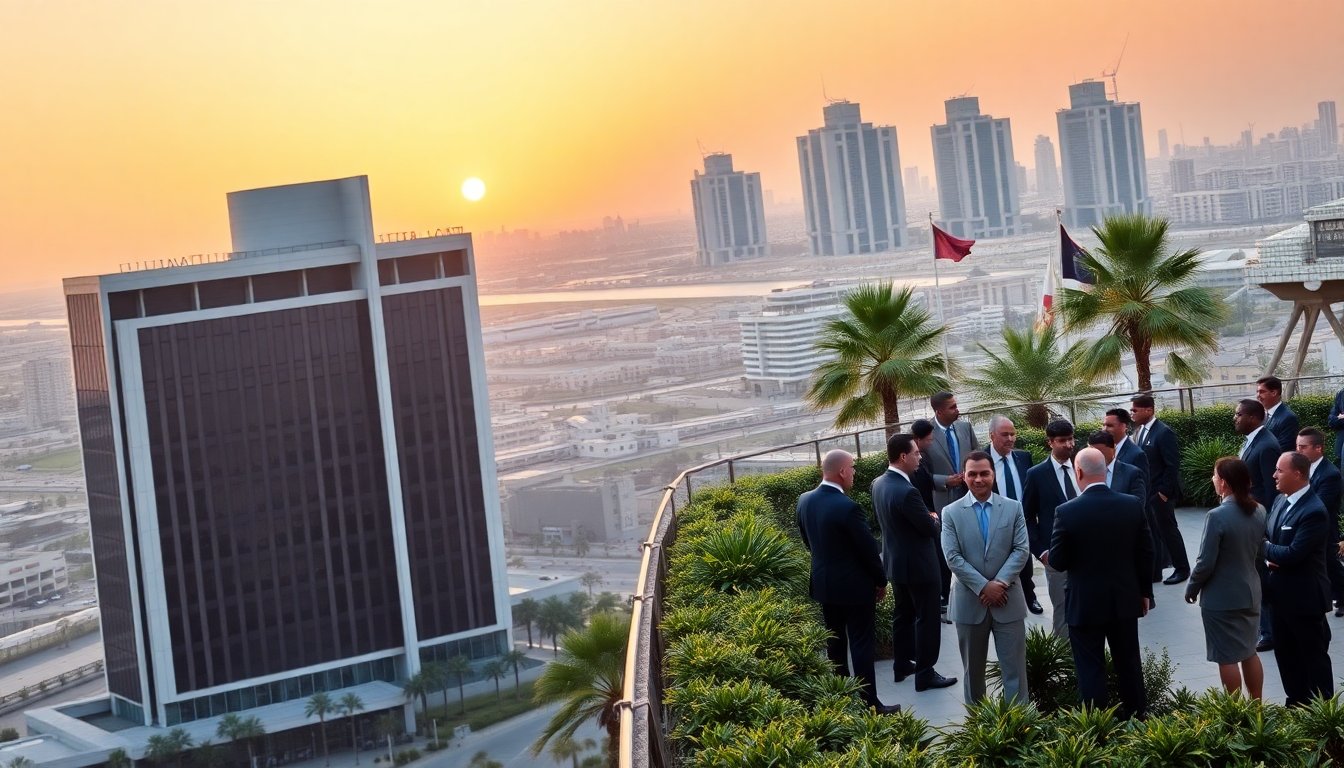Table of Contents
The geopolitical landscape of the Middle East is rapidly evolving, especially following Israel’s recent actions against Hamas leaders in Doha. This situation prompts critical questions regarding Qatar’s role as a mediator in the region. To understand the future of conflict resolution in this volatile area, it is essential to examine Qatar’s diplomatic strategies and its relationships with key players, including the United States and Israel.
Qatar’s Diplomatic Engagement in the Region
Qatar has established itself as a key mediator in Middle Eastern conflicts through proactive diplomatic efforts. A recent dinner between U.S. President Donald Trump and Qatari Prime Minister Sheikh Mohammed bin Abdulrahman al-Thani highlights this engagement. The meeting occurred shortly after a controversial Israeli strike targeting Hamas leaders in Doha, an act that has provoked widespread condemnation and heightened concerns about escalating tensions.
Discussions during the dinner likely focused on Qatar’s role in fostering peace and stability within the region. Trump’s expressed frustration over the Israeli strike underscores the importance of maintaining open diplomatic channels and ensuring that Qatar continues to play a constructive role in mediating disputes. The dynamics of this relationship are significant, as they reflect the intertwined interests of the U.S., Qatar, and Israel in resolving ongoing conflicts.
The Implications of Recent Events for Qatar
The attack on Hamas leaders not only threatens ongoing U.S.-backed peace initiatives but also places Qatar in a challenging position. As a nation that has often served as a neutral ground for negotiations, the repercussions from this incident could alter its approach to mediation. Increased criticism of Israel’s actions complicates matters further, potentially leading Qatar to reevaluate its alliances and diplomatic strategies.
In a phone call with Israeli Prime Minister Benjamin Netanyahu, Trump sought assurances that such strikes would not happen again, emphasizing the importance of Qatar’s role in facilitating dialogue. The implications of this relationship extend beyond immediate conflicts, impacting the broader geopolitical dynamics in the Middle East, where stability remains precarious.
Future Prospects for Qatar as a Mediator
Looking ahead, Qatar’s ability to navigate these complex relationships will be crucial for its continued role as a mediator. The outcomes of its recent diplomatic efforts will likely shape perceptions of its conflict resolution capabilities. As tensions persist, the need for effective mediation becomes increasingly urgent.
Qatar’s strategic importance as a mediator stems not only from its ties with Western powers but also from its ability to engage with various factions in the region. The evolving situation presents both challenges and opportunities for Qatar as it strives to maintain its status as a key player in Middle Eastern diplomacy. Successfully navigating these dynamics could bolster its reputation and influence, ultimately contributing to long-term regional stability.


